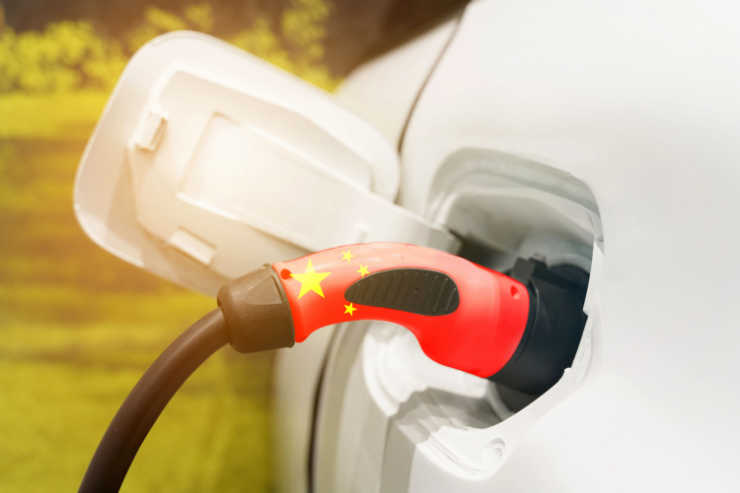
By SkazovD @ Shutterstock.com
Western governments have incited a global push for electric vehicles, and China has answered that call. Now China could dominate the industry the West had hoped to foster at home. Greg Ip reports for The Wall Street Journal:
China rocked the auto world twice this year. First, its electric vehicles stunned Western rivals at the Shanghai auto show with their quality, features and price. Then came reports that in the first quarter of 2023 it dethroned Japan as the world’s largest auto exporter.
How is China in contention to lead the world’s most lucrative and prestigious consumer goods market, one long dominated by American, European, Japanese and South Korean nameplates? The answer is a unique combination of industrial policy, protectionism and homegrown competitive dynamism. Western policy makers and business leaders are better prepared for the first two than the third.
Start with industrial policy—the use of government resources to help favored sectors. China has practiced industrial policy for decades. While it’s finding increased favor even in the U.S., the concept remains controversial. Governments have a poor record of identifying winning technologies and often end up subsidizing inferior and wasteful capacity, including in China.
But in the case of EVs, Chinese industrial policy had a couple of things going for it. First, governments around the world saw climate change as an enduring threat that would require decadelong interventions to transition away from fossil fuels. China bet correctly that in transportation, the transition would favor electric vehicles.
In 2009, China started handing out generous subsidies to buyers of EVs. Public procurement of taxis and buses was targeted to electric vehicles, rechargers were subsidized, and provincial governments stumped up capital for lithium mining and refining for EV batteries. In 2020 NIO, at the time an aspiring challenger to Tesla, avoided bankruptcy thanks to a government-led bailout.
Read more here.
